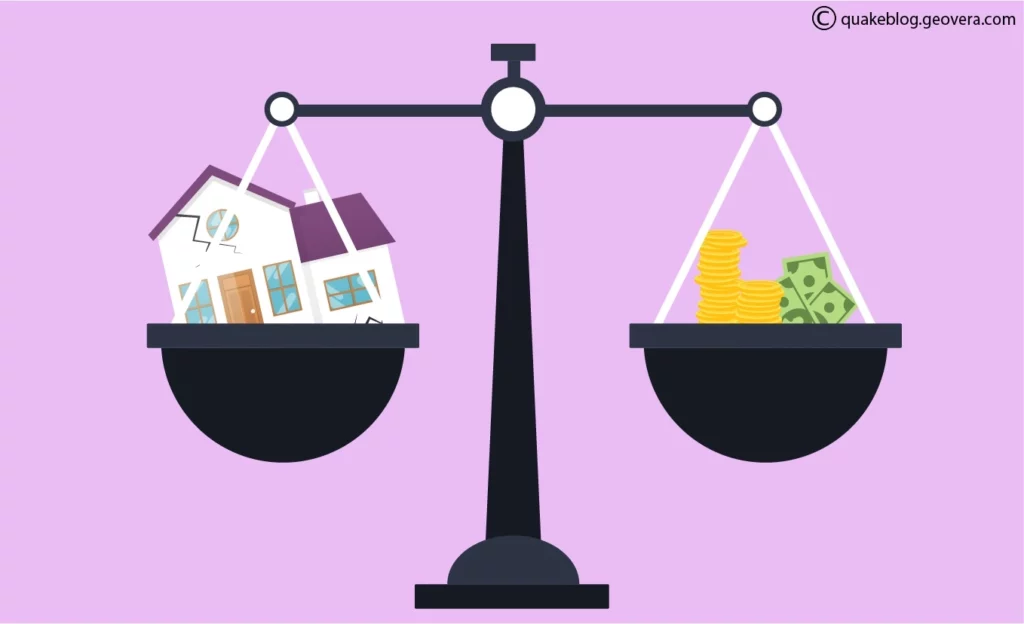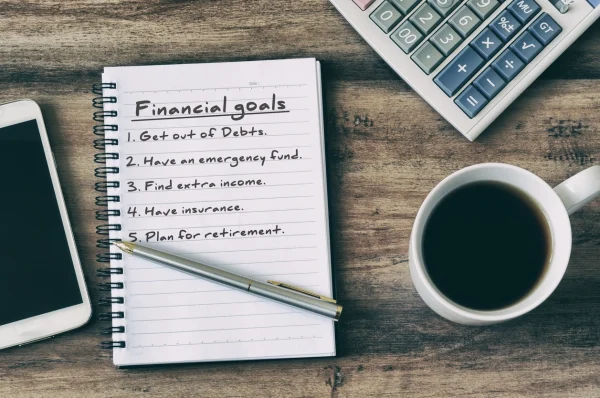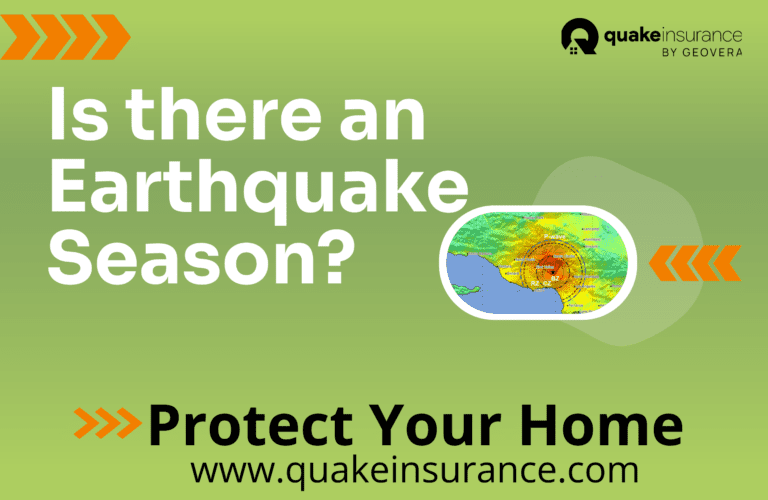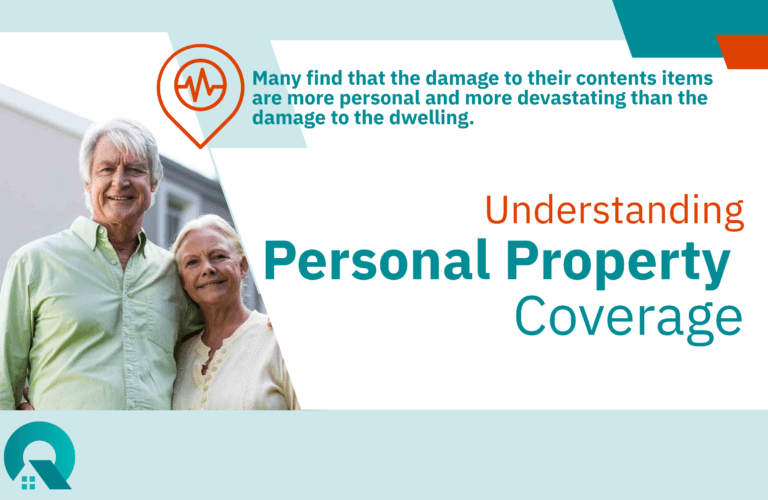How would an earthquake impact my budget and my income?
So far, we’ve covered an emergency savings fund and insurance as part of financial preparedness planning. However, there is still one hidden danger in your earthquake financial plan that could blow up your budget. You could be facing a loss of income that will make your seemingly insignificant debt suddenly feel like a mountain.
How would an earthquake impact my income and budget? This question could be the scariest point to consider of your Financial Preparedness Score. An earthquake can impact a rather large area in a matter of minutes. Consider these factors:
- Did the earthquake injure you? If so, will the injury or injuries allow you to return to your work in the future?
- Was your place of work damaged by the earthquake?
- Will your place of work continue business after the earthquake?
- Will you need to care for a family member after the earthquake?
- Did the earthquake damage your vehicle? Are the roads safe to drive?
Obviously, right after an earthquake, you aren’t thinking about work. These factors, among others, will impact whether or not you will be able to work. After an earthquake, you may experience a drop of income while simultaneously seeing an increase in your expenses. Your emergency savings fund will help keep life as normal as possible, but you should also think about a plan for the long-term. You may not be able to prevent a loss of income after a natural disaster, but you can take steps now to minimize the damage it does.
Two Words: Debt and Deductibles.

Minimize your Debt.
One of the quickest ways to struggle after a loss of income is to get stuck with a credit card bill that you can’t pay. What hurts even more about debt is how a missed payment (or a few) can really hurt your credit score for a very long time. Assess how much debt you have today. If you take stock of your debt to income ratio and are concerned, then you can only imagine how stressful it would be to have that same amount of debt without an income or a fraction of your typical income.
Some debt, like your mortgage or your student loans, may not be something you can tackle quickly–that’s okay! Experts recommend making a list of your debts and making a plan to pay them off one by one–preferably from the smallest to the largest or from highest to lowest interest debts. This will require that you make a budget and stick to it. Minimizing your debt will make your emergency savings fund last much longer after a natural disaster. If you’re like most families, your student loans and mortgage will be the last items on the list of debts to pay off compared to your high-interest debts.
Prepare for deductible payments.
Once you have made it to this point, you’re really getting to a place of financial preparedness. You have some money saved, you’re working your way through debt, and you have insurance in place to cover what you can’t afford to self-insure. Great work!
The last part step is to review your deductibles for insurance coverage. There are a couple of ideas behind this simple step:
- Is my deductible an amount that I can reasonably pay for?
- Will it benefit me to change my deductibles?
It may be tempting to increase your deductible so that you can reduce your monthly premium payments. Do not give into this temptation until you have assessed how much you can reasonably cover when it comes time to pay the deductible.
In addition to your emergency savings fund, you’ll need to develop a plan to pay deductibles after an earthquake. This may mean a Health Savings Account if you’re worried about medical payments, or it could mean establishing an investment account as a long-term strategy to help meet a deductible on your earthquake policy.
You may not be able to save for every deductible payment, but you should be aware of how your post-disaster budget will look in light of these payments. Reviewing your current deductibles and assessing your financial preparedness will ease the shock when it the unexpected strikes.
Get a quote here today, or visit our site to find an earthquake agent near you for expert advice.



